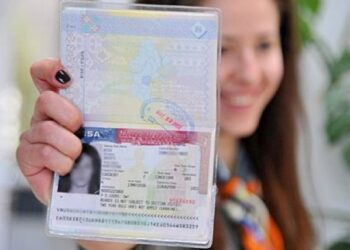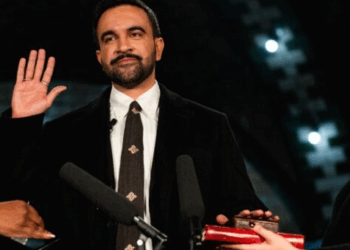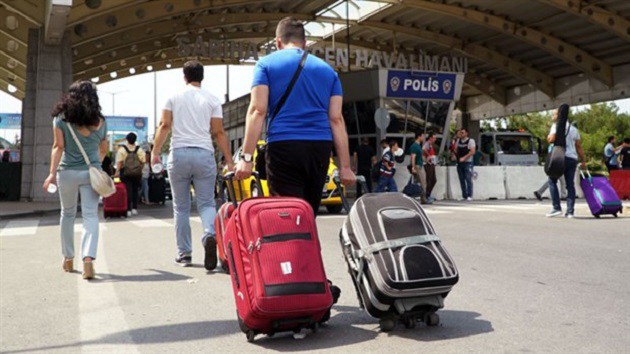Güngör came to public attention in May 2016 when she, along with the heads of the Supreme Court of Appeals and the Court of Accounts, were photographed while taking part in a visit by President Recep Tayyip Erdoğan to the northern province of Rize and collecting tealeaves together with the president.
Güngör was at the center of criticism for trying to button up her robe when President Erdoğan arrived at a hall in Ankara during a ceremony in May 2017 for the 149th anniversary of the establishment of the Council of State, a gesture that was regarded as unbecoming a judge.
Despite criticism, Güngör was re-elected to her position in June 2017.
The Turkish government is being widely criticized for taking the judiciary under its control and imposing pressure on its members to make politically motivated decisions. The government has removed thousands of judges and prosecutors from their posts on coup charges since a failed coup attempt on July 15, 2016.
In December 2016, the European Networks of Councils for the Judiciary (ENCJ) suspended the observer status of Turkey’s HSK and excluded it from participation in ENCJ activities for the mass suspension and dismissal of judges and prosecutors and the failure to comply with the European Standards for Councils for the Judiciary.
Turkey fell to 101st place out of 113 countries in the World Justice Project’s 2017-18 Rule of Law Index, a comprehensive measure of adherence to the rule of law.
In a development that cast further doubt over the independence of the judiciary in Turkey, judges and prosecutors from one of the top courts in the country were taken to the presidential palace in Ankara by bus for a ceremony marking the inauguration of the new judicial year on Sept. 3, 2018.
In past years, ceremonies marking the opening of the new judicial year were held in judicial buildings in a symbol of the independence of the judiciary from politics. However, this ceremony began to be held at the presidential palace in Ankara in 2017 upon an order from President Erdoğan.





















